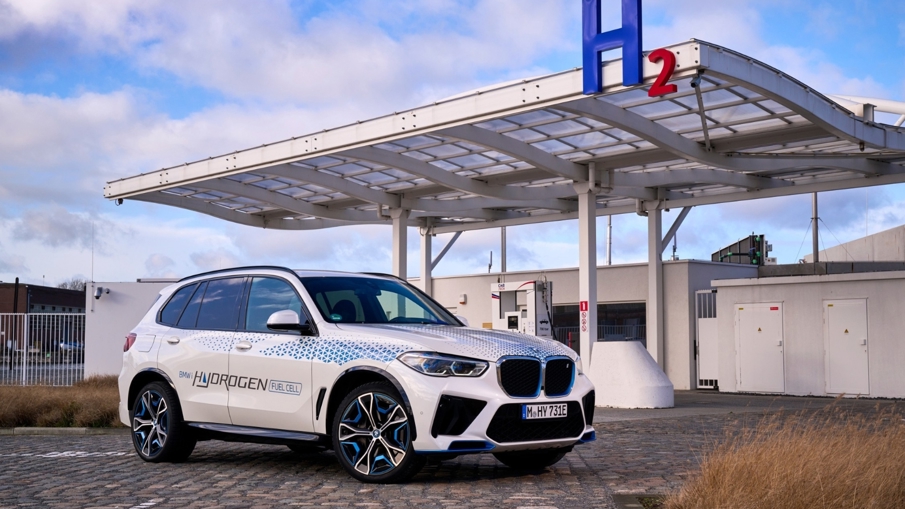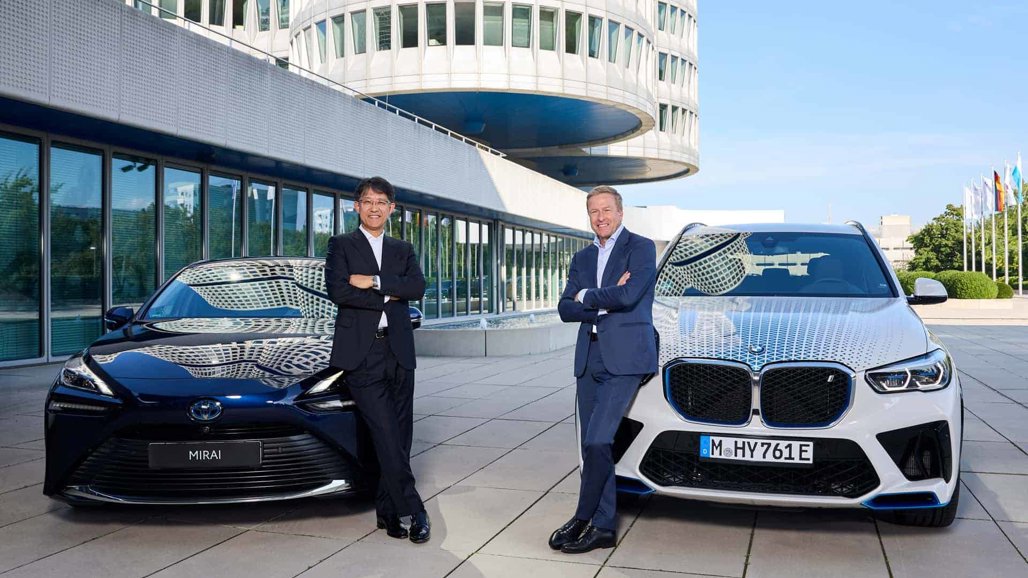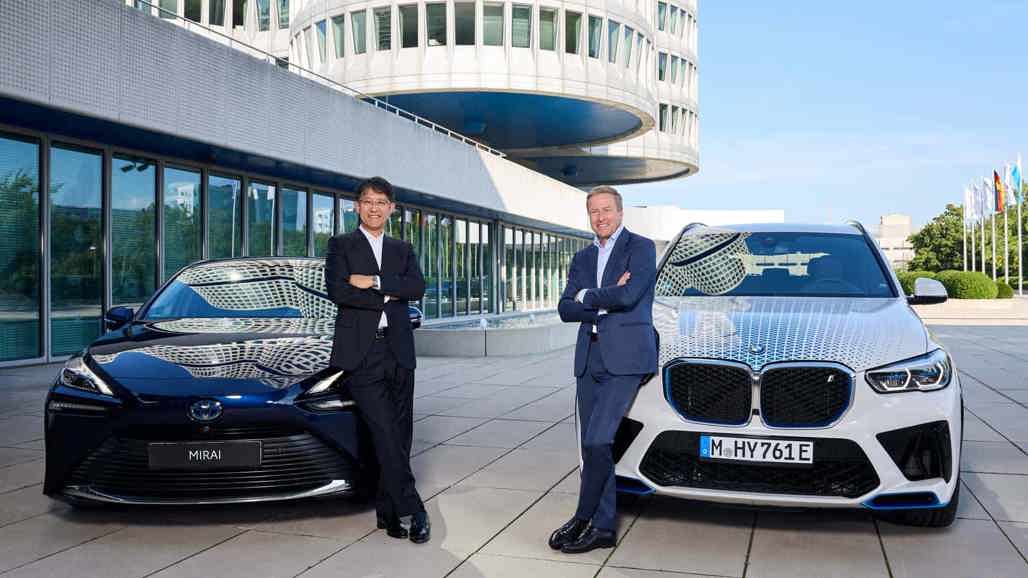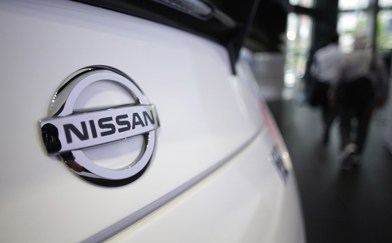BMW has announced a bold move to introduce its first hydrogen-powered vehicle, aiming for a 2028 release.
This significant venture sees the German automaker collaborating with Toyota, leveraging the Japanese company's extensive experience with fuel cell technology.
While BMW has been vocal about hydrogen power for years, this marks a concrete step towards delivering a fuel-cell electric vehicle (FCEV) to the market.
BMW's next frontier

For years, BMW has promoted hydrogen as a promising alternative to traditional electric vehicles (EVs), especially in the realm of long-distance travel and quick refuelling.
The automaker has extensively tested its iX5 Hydrogen prototypes, which employ fuel cells supplied by Toyota. The iX5, based on the current X5 SUV, demonstrates the potential of hydrogen with swift acceleration and respectable range.
Currently, it boasts a range of 504km and produces 295kW, accelerating from 0 to 100 km/h in less than six seconds.

However, while the prototype offers a glimpse into what hydrogen vehicles might achieve, BMW is clear that the production model won’t be just a "rebadged Toyota." Instead, BMW will use a jointly developed third-generation hydrogen powertrain. This system will be implemented into a future version of a BMW vehicle, likely a successor to the current X5, set to be replaced soon.
Given BMW's extensive testing with the iX5 and the SUV’s popularity, it’s highly probable that the brand’s first hydrogen-powered production vehicle will be based on the next-generation X5 platform.
Although exact specifications remain under wraps, it is expected to improve on the prototype’s already impressive performance. Notably, the upcoming model will likely benefit from a refined CLAR platform, rather than BMW's highly anticipated Neue Klasse architecture, reserved for its pure EV lineup.
Key advantages and challenges

One of the most notable advantages of hydrogen technology is refuelling time. Unlike EVs, which can take hours to charge, the iX5 Hydrogen can refuel in just three minutes, making it a convenient option for long-distance drivers. However, this benefit is currently mitigated by the limited availability of hydrogen refuelling stations.
As BMW sets its sights on a 2028 launch, much of the success of hydrogen vehicles may depend not only on technological advancements but also on the development of global refuelling infrastructure.
For now, BMW and Toyota’s partnership signals an exciting future for hydrogen-powered mobility, with both brands looking to lead the charge in sustainable automotive solutions.





